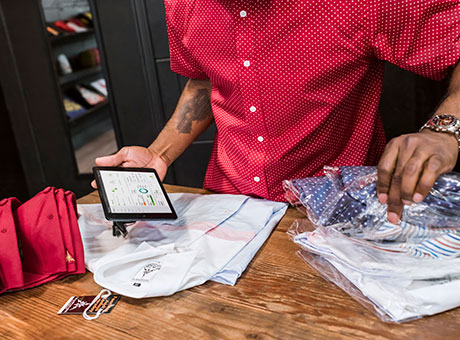Avoiding FX Fees to Reduce Business Travel Expenses
Credit cards are ideal for business travel, as they offer consumer protection and help you avoid carrying lots of cash around. FX fees can eat into your budget, though, making it best to choose a credit card without them.
While most Canadian card issuers charge FX fees for business travel credit cards, you can find a card with no FX fees if you shop around. Make sure to account for any rewards a card offers, as these can offset fees.
For example, certain cards have FX fees but also earn a cash back rate on foreign transactions that’s greater than the fee.
Try to apply for a card with at least a month or two to spare before your next business trip. It can take some time for the card issuer to process your application and get your card mailed out to you, and it takes even longer if you get declined for one card and need to apply for another.
If you’re unsure how good your credit is, you can check it by requesting free credit reports from Equifax Canada and TransUnion Canada.
As consumers flock toward credit cards with no FX fees, these types of cards should become more common. Until then, there are a few options available to make international travel easier on your wallet.



